Environment
-
 Environment
EnvironmentA biogeochemist is tracking the movements of toxic mercury pollution
Exposing the hidden movements of mercury through the environment can help reduce human exposure.
By Nikk Ogasa -
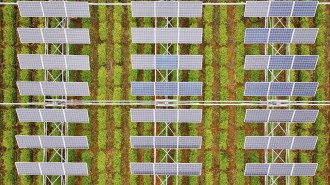 Climate
ClimateCan solar farms and crop farms coexist?
Researchers working in the field of agrivoltaics are studying how to combine solar farming with grazing, crop production or ecological restoration.
By Luke Groskin -
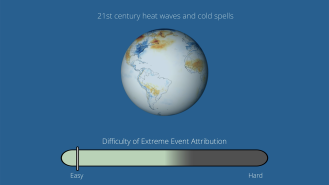 Environment
EnvironmentHow much is climate change to blame for extreme weather?
Scientists can estimate how much more likely or severe some past natural disasters were due to human-caused climate change. Here's how.
By Maria Temming and Luke Groskin -
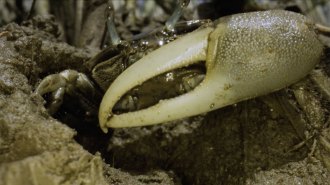 Environment
EnvironmentFiddler crabs are migrating north to cooler waters
The crabs are climate migrants and could be a harbinger of changes to come as more species move in.
By Luke Groskin -
 Environment
EnvironmentMore than 4 billion people may not have access to clean water
The new estimate, based on data from 135 low- and middle-income countries, is more than double the World Health Organization’s official count.
By Claire Yuan -
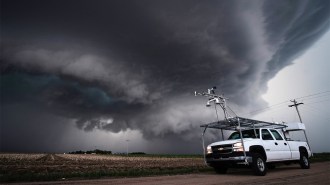 Earth
EarthSquall line tornadoes are sneaky, dangerous and difficult to forecast
New research is revealing the secrets of these destructive twisters, which dodge radar scans and often form at night.
By Nikk Ogasa -
 Animals
AnimalsA frog’s story of surviving a fungal pandemic offers hope for other species
Evolving immunity to the Bd fungus and a reintroduction project saved a California frog. The key to rescuing other species might be in the frog’s genes.
-
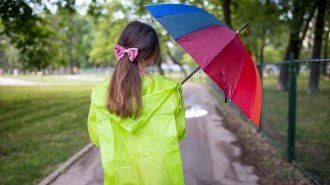 Health & Medicine
Health & MedicineSome ‘forever chemicals’ may be absorbed through our skin
PFAS, which are found in common products such as cosmetics, food packaging and waterproof gear, have been linked to health problems.
-
 Climate
ClimateTwisters asks if you can 'tame' a tornado. We have the answer
Science News talked to a meteorologist and Twisters’ tornado consultant to separate fact from fiction in Hollywood’s latest extreme weather thriller.
By Abby Wallace -
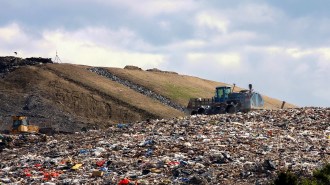 Environment
EnvironmentLandfills belch toxic ‘forever chemicals’ into the air
An analysis of samples from three Florida landfills shows that landfill gas can carry more PFAS than the liquid that leaches from the waste.
By Nikk Ogasa -
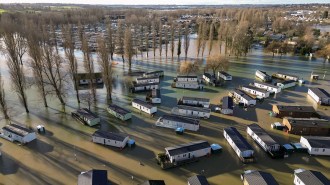 Environment
EnvironmentThe world has water problems. This book has solutions
The Last Drop tackles global water problems and explores how humans can better manage the precious resource.
-
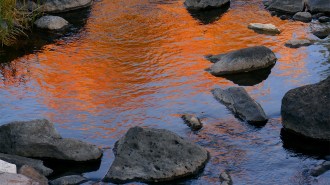 Environment
EnvironmentFederally unprotected streams contribute most of the water to U.S. rivers
A 2023 U.S. Supreme Court ruling that ephemeral streams aren’t protected by the Clean Water Act could have sizable ripple effects, a study suggests.
By Claire Yuan